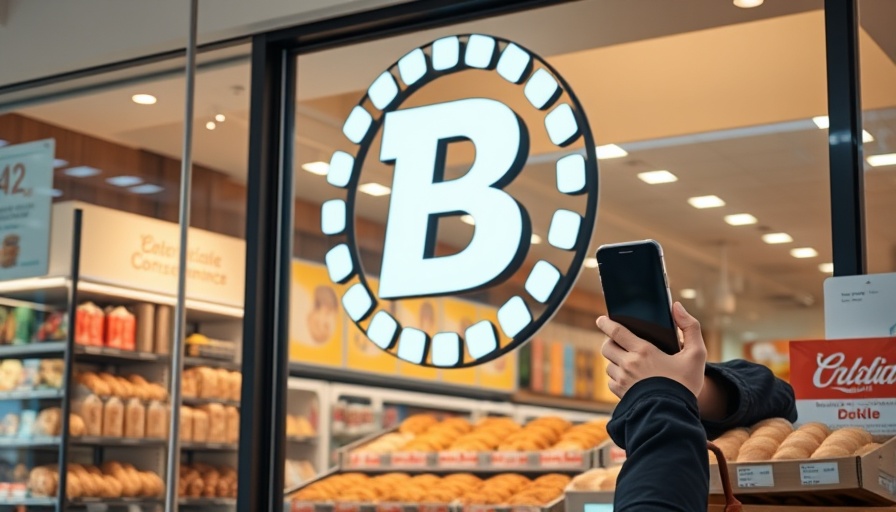
The Recent Decision by Couche-Tard: An Overview
In a significant move within the retail and convenience sector, Alimentation Couche-Tard has officially dropped its massive bid of $46 billion to acquire the parent company of 7-Eleven. This decision comes after facing significant regulatory scrutiny and pressure from the competitive landscape of the convenience store market. Couche-Tard’s aspirations were initially welcomed as a bold strategy intended to enhance its footprint in North America, particularly within the United States.
The Bigger Picture: Understanding the Impact of Mergers and Acquisitions
Mergers and acquisitions (M&A) are often viewed as essential strategies for companies aiming for rapid expansion and market dominance. However, the failure of this deal sheds light on the accelerating evolution of the retail industry, especially in a post-pandemic landscape. The retail sector is facing unprecedented challenges from both brick-and-mortar and online competitors, resulting in dynamic shifts that impact the longevity and success of such strategic deals.
Challenges Faced by Retail Giants in Today's Market
Couche-Tard’s plans highlight the broader challenges that face many companies in today’s retail environment. Competition is fierce, with technology-driven companies redefining consumer experiences and expectations. The rise of e-commerce giants, alongside changing consumer behaviors and preferences, puts immense pressure on traditional retail formats.
The Regulatory Landscape: What Went Wrong?
Regulatory bodies play a crucial role in overseeing large corporate mergers, and in this case, the scrutiny over the impact on competition and consumer choice appears to have played a decisive role. The Federal Trade Commission (FTC) has shown increasing vigilance over major transactions, emphasizing the importance of maintaining competitive markets. Couche-Tard’s retreat serves as a clear signal of the challenges that companies must navigate in an era of heightened regulatory oversight.
Future Predictions: What's Next for Couche-Tard?
Looking ahead, the future for Couche-Tard could involve a reevaluation of its growth strategies. The focus might shift toward smaller, strategic acquisitions, or possibly enhancing its existing stores through innovation and technology. The convenience store sector is projected to transition, with more emphasis likely placed on digital transformation and improving customer experiences.
Broader Implications for the Retail Industry
This incident may resonate with other industries as well. As companies across sectors adapt to evolving market dynamics, many will likely find themselves in a similar position, weighing the pros and cons of major acquisitions versus organic growth strategies. The outcome of Couche-Tard's aspirations reflects a cautionary tale for firms considering similar paths in the vibrant Bay Area startup ecosystem.
Conclusion: The Role of Sustainability in Business Growth
The business landscape is not only governed by financial metrics and competition but also by a growing demand for corporate responsibility and sustainability. Couche-Tard’s pivot away from this major acquisition moves the spotlight toward how companies align their growth strategies with sustainable practices that reflect changing consumer attitudes. The market is witnessing a transformation where forward-thinking brands are focusing on environmental responsibility and the long-term implications of their business operations.
In summary, while the end of this acquisition pursuit may appear as a setback for Couche-Tard, it presents an opportunity for reflection and reassessment of strategies that could foster sustainable growth in a rapidly transforming retail landscape. For readers interested in exploring the implications of such corporate decisions within the Bay Area economy, it brings awareness to larger trends that dictate market movements.
 Add Row
Add Row  Add
Add 



Write A Comment